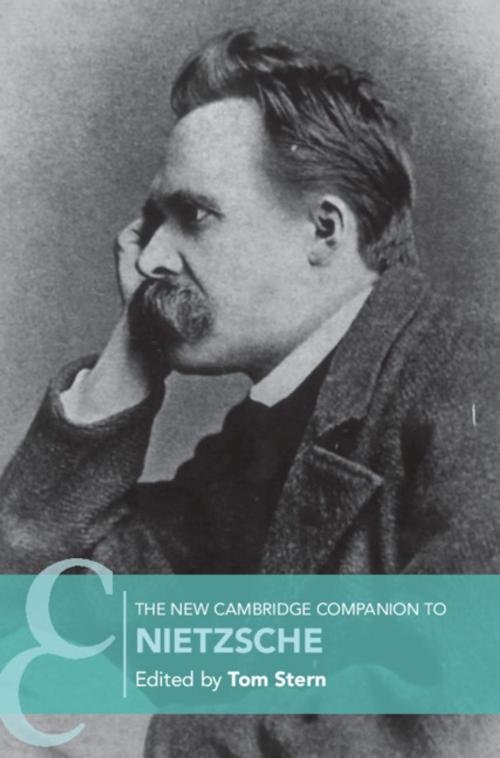| Author: | ISBN: | 9781108586696 | |
| Publisher: | Cambridge University Press | Publication: | April 18, 2019 |
| Imprint: | Cambridge University Press | Language: | English |
| Author: | |
| ISBN: | 9781108586696 |
| Publisher: | Cambridge University Press |
| Publication: | April 18, 2019 |
| Imprint: | Cambridge University Press |
| Language: | English |
Friedrich Nietzsche (1844–1900) remains one of the most challenging, influential and controversial figures in the history of philosophy. The New Cambridge Companion to Nietzsche provides a comprehensive and up-to-date guide to his most difficult ideas, including the will to power and the affirmation of life, as well as his treatment of truth, science, art and history. An accessible introduction sets out the nineteenth-century background of Nietzsche's life and work. Individual chapters are devoted to significant texts such as The Birth of Tragedy, Thus Spoke Zarathustra, Beyond Good and Evil and On the Genealogy of Morality. Other chapters explore major influences such as Wagner and Schopenhauer, as well as examining Nietzsche's reception and investigating his enduring and often divisive legacy. The volume will be valuable for readers seeking to enhance their understanding of Nietzsche's philosophy and of his role in the development of Western thought.
Friedrich Nietzsche (1844–1900) remains one of the most challenging, influential and controversial figures in the history of philosophy. The New Cambridge Companion to Nietzsche provides a comprehensive and up-to-date guide to his most difficult ideas, including the will to power and the affirmation of life, as well as his treatment of truth, science, art and history. An accessible introduction sets out the nineteenth-century background of Nietzsche's life and work. Individual chapters are devoted to significant texts such as The Birth of Tragedy, Thus Spoke Zarathustra, Beyond Good and Evil and On the Genealogy of Morality. Other chapters explore major influences such as Wagner and Schopenhauer, as well as examining Nietzsche's reception and investigating his enduring and often divisive legacy. The volume will be valuable for readers seeking to enhance their understanding of Nietzsche's philosophy and of his role in the development of Western thought.















